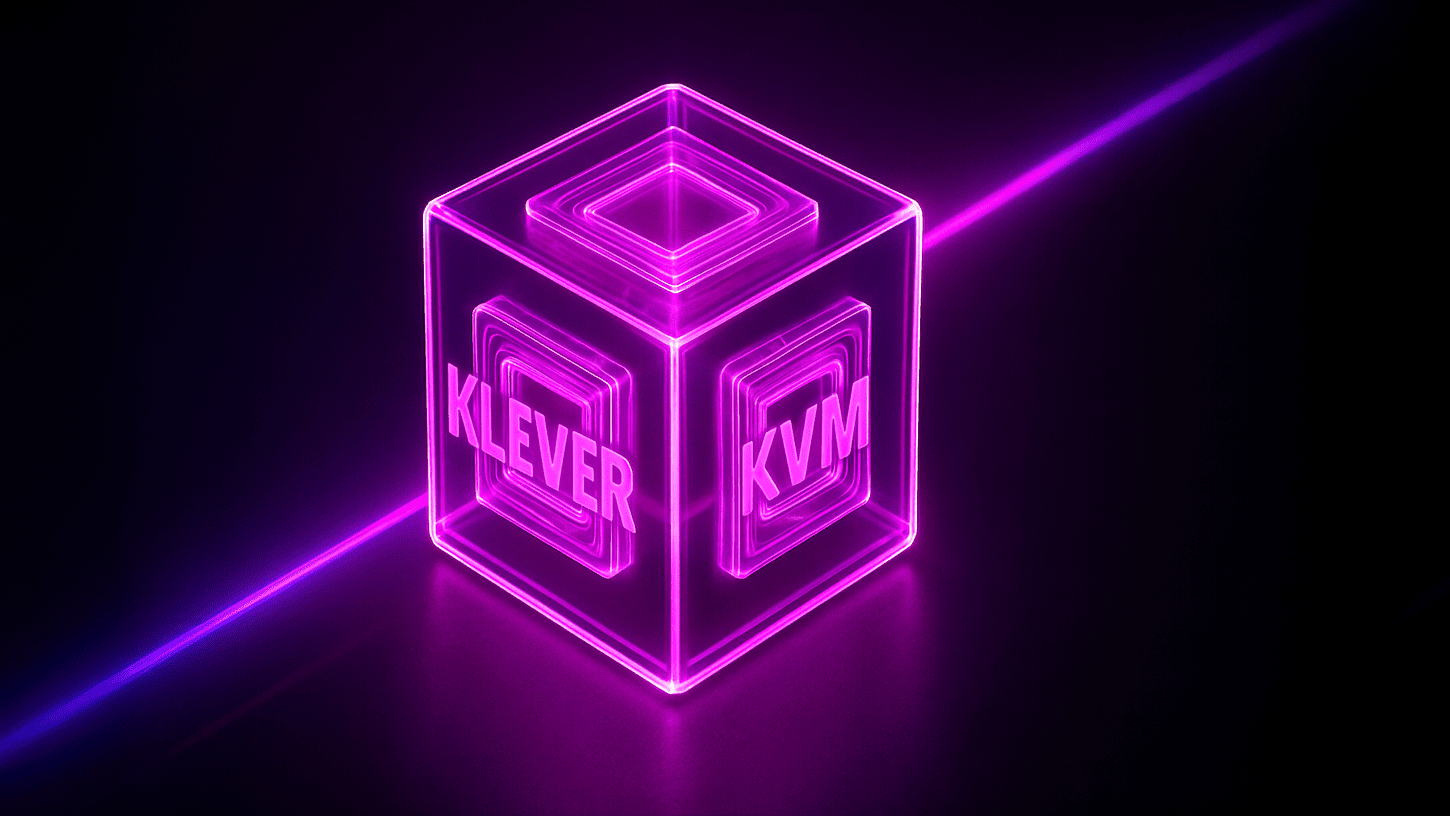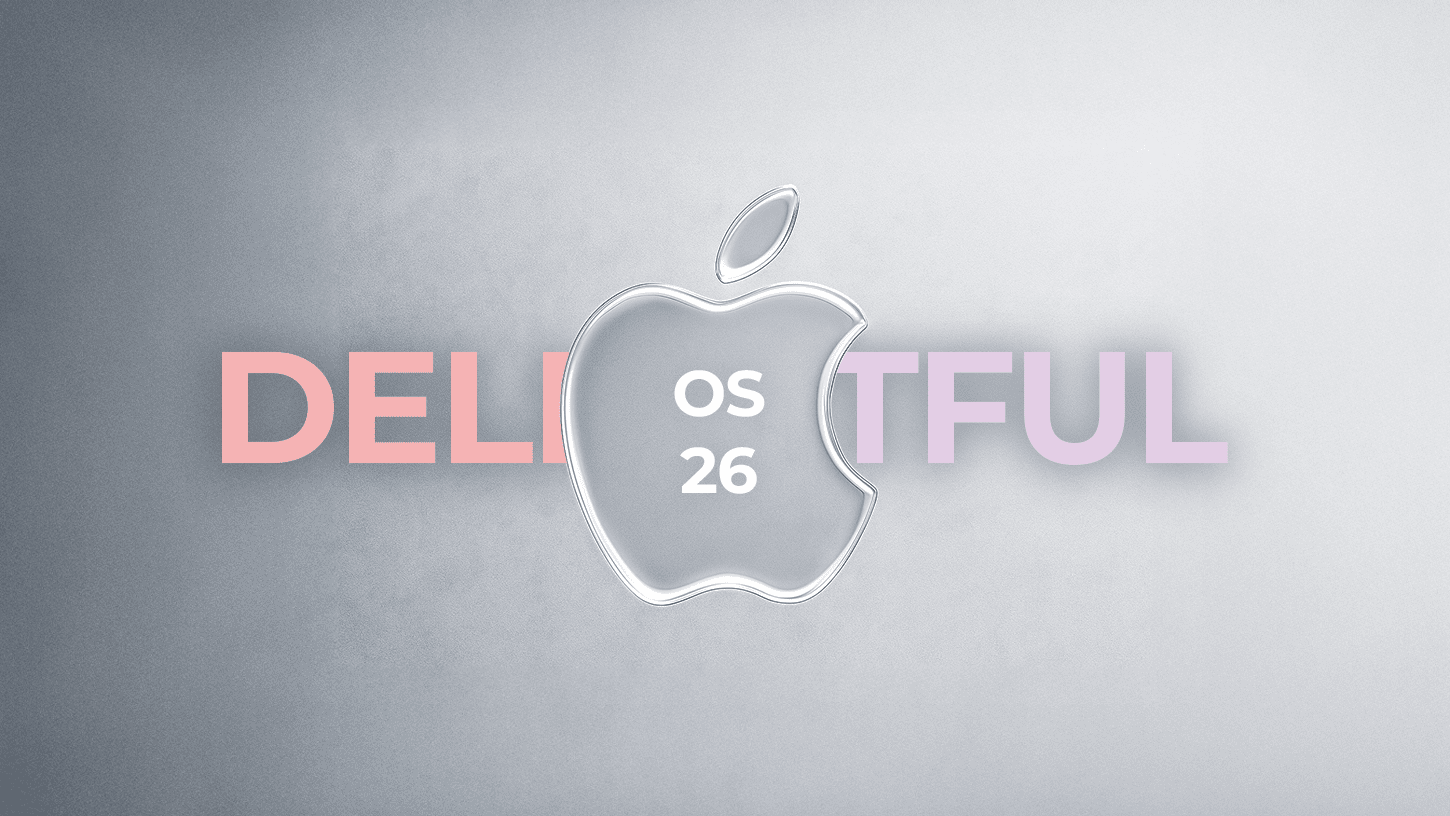Can Staking Solve Bitcoin’s ‘Idle Asset’ Problem? A Deep Dive into the Mind Network & Babylon Partnership

Bitcoin, the world’s first and largest cryptocurrency, is renowned for its robust security and decentralized nature. However, it operates on a Proof-of-Work (PoW) consensus mechanism, meaning it doesn’t inherently support staking—a process where users lock up their coins to validate transactions and secure a network, earning rewards in the process.
This has long been a point of contention within the crypto community. While PoW is lauded for its security, it’s also energy-intensive and can be less efficient than PoS models. Meanwhile, massive amounts of Bitcoin remain idle, representing untapped potential.
Enter Mind Network and Babylon, two projects aiming to bridge this divide. Their recently announced partnership introduces a novel concept: Bitcoin restaking.
How Does It Work?
Babylon has developed a protocol that allows Bitcoin holders to “stake” their BTC to enhance the security of Proof-of-Stake (PoS) blockchains—without actually transferring their coins. This is made possible through a mechanism called Liquid Restaking Tokens (LRTs), which represent the staked Bitcoin.
Essentially, Bitcoin holders can earn rewards for contributing to the security of other networks, while still maintaining full control of their BTC. This is a significant development, as it could incentivize more Bitcoin holders to participate in the broader crypto ecosystem, increasing overall security and decentralization.

The Role of Mind Network and FHE
Mind Network, a leader in Fully Homomorphic Encryption (FHE), plays a crucial role in securing this process. FHE is a cutting-edge cryptographic technique that allows for computation on encrypted data. In this context, it means Bitcoin holders can participate in PoS validation (and earn rewards) without giving up control of their private keys. This is essential for maintaining the trustless and decentralized nature of Bitcoin.
Implications for Bitcoin and the Broader Crypto Ecosystem
This innovative approach could have far-reaching implications:
- Increased Utility for Bitcoin: Bitcoin could become more than just a store of value; it could actively contribute to the security of other networks.
- Enhanced Security for PoS Blockchains: PoS chains could benefit from Bitcoin’s robust security model, making them more resilient to attacks.
- Greater Liquidity: The ability to quickly unstake Bitcoin ensures that holders maintain liquidity and flexibility.
- Potential for Scalability: The system is designed to handle a large number of stakers and multiple PoS chains, suggesting it could be a scalable solution for the future of blockchain security.
Important Considerations
While this development is exciting, it’s important to note that it’s still early days. There are potential risks and challenges to consider, such as the complexity of the technology and the need for regulatory clarity.
However, the potential benefits are significant. By bridging the gap between Bitcoin and PoS blockchains, Mind Network and Babylon are not only unlocking the value of idle Bitcoin but also paving the way for a more secure, interconnected, and efficient crypto ecosystem.






